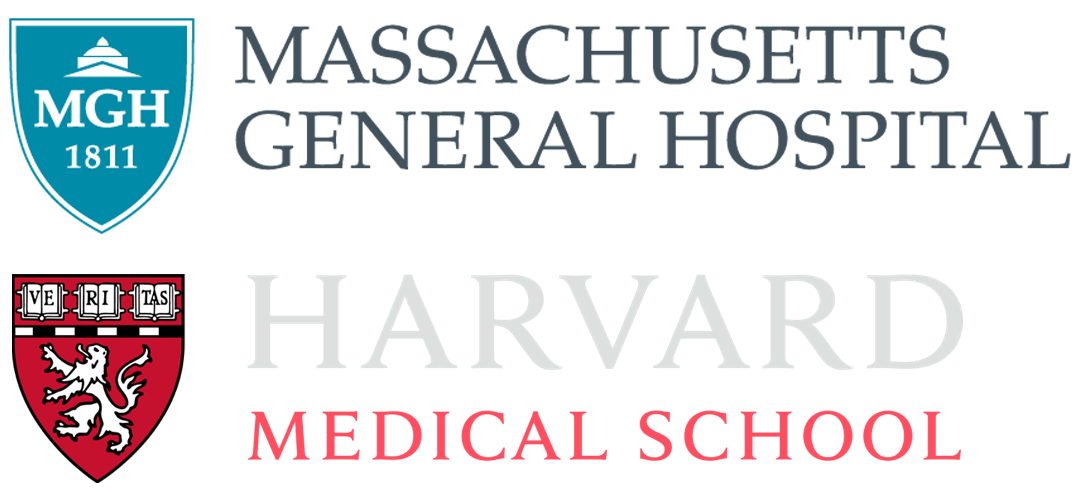Years of addiction research has given rise to prominent biological models of addiction. These models include theories related to the regulation of neurotransmitters like dopamine, as well as the way brain areas communicate with one another.
The Brain-Body Connection
While this research has done much to deepen our understanding of how addiction develops and is maintained at the level of the brain. These theoretical models tend to omit the important fact that everything that happens in the brain in some way shape or form affects the body, and vice versa.
So although the thoughts and feelings associated with addiction arise from the brain, the way we experience and regulate them is heavily influenced by physiological systems. For example, the cardiovascular (heart, arteries etc.) and endocrine (hormones) systems, constantly interact with the brain. There is a massive amount of bidirectional communication between the brain and body that not just make it possible for us to control muscles and move around in the world, but is fundamental to our experience of thoughts and feelings.
Given the body has tended to be left out of biological theories of addiction, perhaps not surprisingly addiction treatments have also tended to be brain-based. For instance, Cognitive Behavioral Therapy emphasizes how thoughts and feelings interact to influence behavior and teaches people skills to manage more effectively.
New Treatment Intervention Possibilities
Considering this complex brain-body relationship more deeply opens us up to new treatment possibilities for conditions like substance use disorder. For instance, we know that changing the brain changes the body (e.g., learning anxiety coping skills tends to reduce heart rate and blood pressure). So why not practice interventions that change the body to in turn change the brain?
Heart Rate Variability Biofeedback is such an intervention. Patients learn to breathe at special frequencies that reduce the body’s autonomic ‘fight or flight response’ and increase its ‘relaxation response’. Studies have consistently shown that this practice has direct effects on the brain, reducing symptoms of anxiety and depression in individuals with mood disorders, and craving in people seeking recovery from substance use disorder.
Clinical Trial of Heart Rate Variability Biofeedback
We are currently conducting a clinical trial of Heart Rate Variability Biofeedback for substance use disorder At Massachusetts General Hospital/Harvard Medical School and invite you to think about participating.
Study participants are randomly assigned to receive either 8 weeks of Heart Rate Variability Biofeedback training using a wearable bio-patch and smartphone app, or no intervention. All participants also complete 8 weeks of twice-daily mini-surveys on their smartphone about their moods.
Regardless of the study group they’re assigned to, all participants currently engaged in treatment are encouraged to continue with whatever care they’re receiving, though we do ask participants not to initiate any new kinds of treatment while in the study.
This study is being conducted remotely, meaning there are no required trips to a study site. All participants complete a baseline and end-of-study assessment session via Zoom, and we mail equipment to those randomized to the Heart Rate Variability Biofeedback group.
Participating in this study is free, and we compensate between $250 and $350 for study completion, which is paid by Visa gift card. To be eligible for this study, you must be 18+ years of age, and in a current substance use disorder recovery attempt.
If you’re interested in learning more about this clinical trial visit the study website, or reach out to us at (617) 732-8140 or MGHAddictionBiofeedbackStudy@mgh.harvard.edu. You can also complete this brief pre-screener form, and we’ll respond if you are potentially eligible for the study.
David Eddie, Ph.D.








2 Comments
Are you doing anything with sex addiction?
Biofeedback or bioenergetics ?
Aside from parenting, staying clean and sober is the hardest. . I am so grateful for ppl in the rooms, sponsors and worldwide meetings.